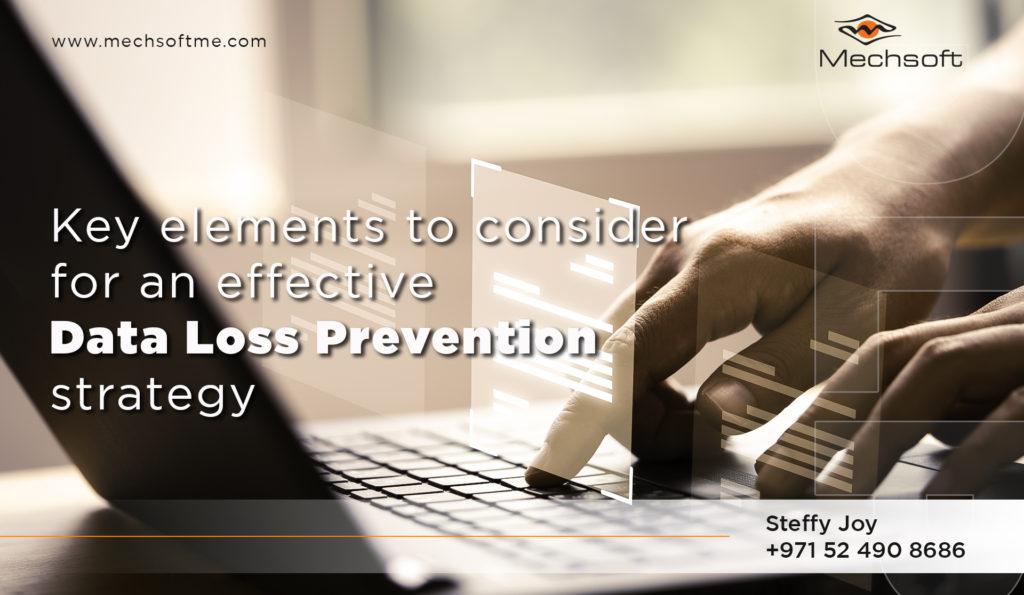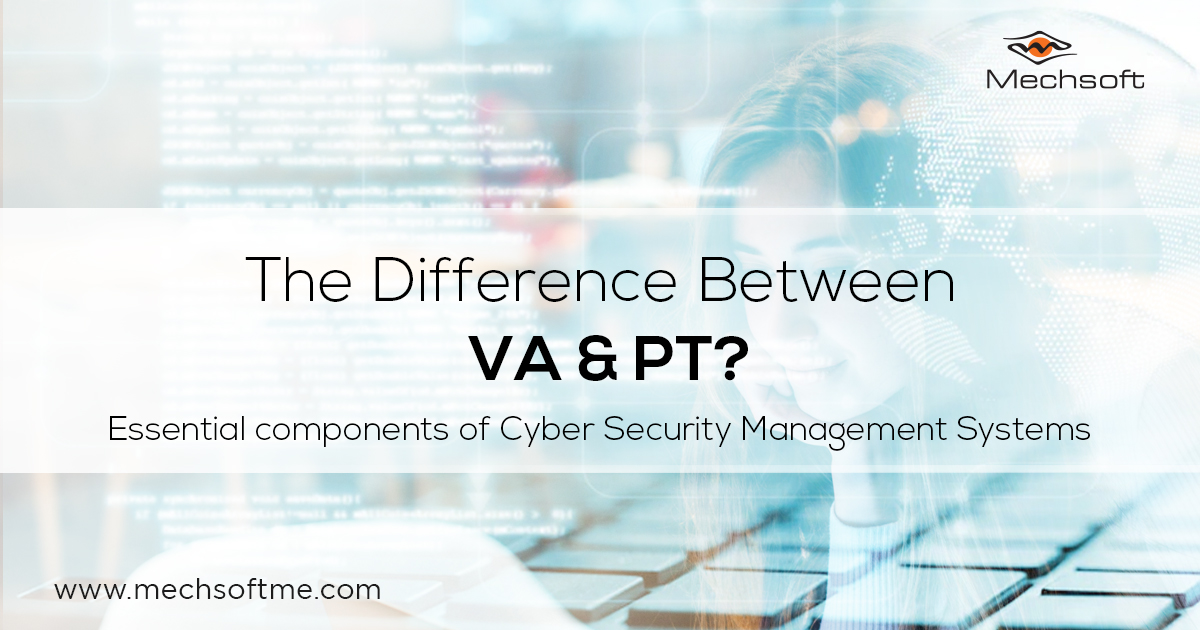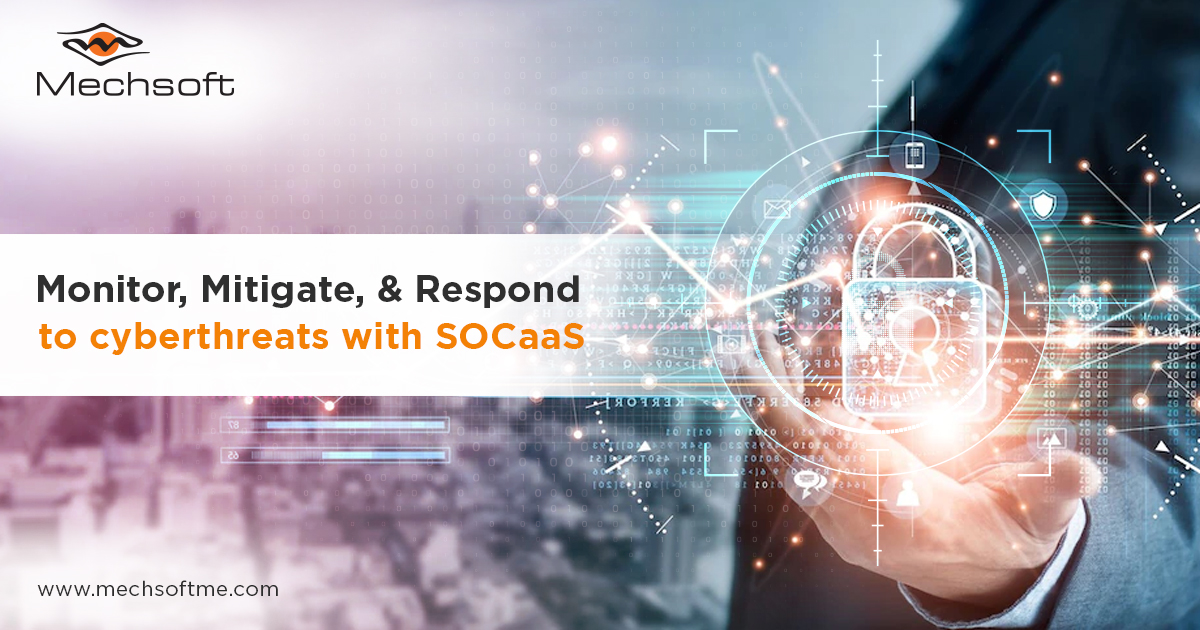Game plan for Data Loss Prevention (DLP)
Ever since the pandemic started to wreck its havoc, a common word that has been listened by everyone is WFH or Work from Home. It has become the new normal. Regardless, the issues with remote working shouldn’t be overlooked. Cybersecurity attacks have become increasingly high and recent studies have suggested that data leakages are most frequently from within a company. An intentional attack or unintentional error by an insider can pose a major threat to the whole organization. Necessary strategy and measures must be ensured to prevent such data breach and data loss. This article lists out few key elements to look at while devising a data protection policy.
1. Assert an extensive Data Loss Prevention plan
Remote working will mean that there will be large amount of unstructured digital data that will move in and out of the organization daily. Therefore, data leakages need to be addressed by implementing an extensive data loss prevention strategy. With DLP, every business can secure sensitive data- regardless of an endpoint’s physical location and protect all forms of data, both managed and unmanaged, regardless of where it is accessible from or who is accessing it. With DLP, organization can considerably reduce the risk of the hybrid working model.
2. Secure and Update Passwords
Small steps like securing account and backing up data can make a big difference in the fight against data breaches. More than a third of the employees are unlikely to change their account passwords. Since billions of login credentials have been stolen over the last few years, this is an apparent flaw with a simple solution. Hence, each employee should be urged to frequently change their passwords.
Even when the hackers are equipped with the right login details, implementing Multi-Factor Authentication helps prevent threat actors from accessing data.
3. Encryption protocol and VPN service with Multi-Factor Authentication
When remote accessing your company’s network, use a VPN to establish an encrypted communication channel between the employee’s device and the server to which it is connecting.
Because VPNs require a typical username and password combination, attackers employ brute-force, social engineering, or other methods to gain credentials. MFA can be used to overcome this disadvantage. Multi-Factor Authentication (MFA) is a vital feature that employs additional factors for authentication. Combining VPN service with MFA creates a secure data prevention strategy.
4. Data Protection starts with Educating
A company should prioritize to create a culture of security where in all the members of the organization are made aware of the importance and consequences associated with company’s security policies. This can be carried out by holding regular training sessions, meetings, executing mock cyber-attacks and passing memorandums emphasizing the rules that needs to be followed to mitigate security risks.
Final Thoughts!!
It is high time that we are completely aware and be prepared for any data breaches within the organisation. If you are still worried about your company’s data security, do not fret!! Mechsoft Technologies is here for you to fill in all the security gaps. We completely ensure you that all your sensitive data doesn’t leave your organisation and help you with eminent DLP strategies.
Connect with us to experience the solutions and services that can address your Data Protection and Leak Prevention. Call for a free trial / live demo.



